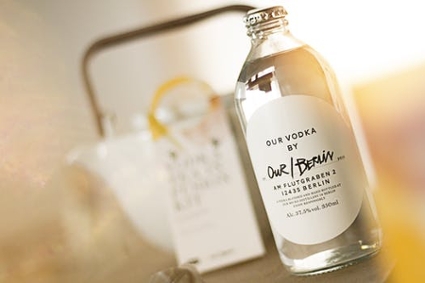I have a friend who is an alcoholic. I don’t drink for religious reasons, but my friend–though religious–never used to share my love of sobriety. Now he’s trying to find his way to a better life. I think his faith should be a big part of his journey, but so far, it doesn’t seem to be. I don’t want to force anything on my friend, but I want to tell him that he should take some comfort in his faith as he faces this difficult fight against his addiction. What can I say or do to help him see that?
The battle against alcoholism is indeed a very serious one. Your friend is facing an addiction that kills: drinking costs us more than 80,000 lives a year. Alcohol can kill through alcohol poisoning and can also lead to big mistakes like drunk driving, which can result in death to the driver and others–not to mention criminal charges and lawsuits, say Stroudsburg, Pennsylvania-based attorneys we spoke to. Your friend needs all of the help he can get.
And some of that help may indeed come from his faith. It’s not at all unusual to see men and women of faith lean on their belief during a battle against addiction, just as so many of us rely on our faith to get us through problems in our own lives. Alcoholics Anonymous, the original and most famous twelve-step program, has religious themes in its process. Counselors at a Christian rehab facility told us that faith and rehab often go hand-in-hand.
Supporting a friend who is dealing with addiction means being available to listen to his or her concerns. Your job is not to tell your friend exactly how he should be going about his recovery process. Still, you could offer to attend services with him, or mention that he is in your prayers. Perhaps that will get the ball rolling and encourage a discussion of your friend’s faith’s role in his recovery.
Ultimately, if your friend shares your faith, he will find that it helps him during this difficult time. But you should not push him too hard to make his faith a large and public part of his life right now, because recovery is a delicate time. Instead, make sure that you are there for him when he needs you to be, and make sure that your own faith is clear and that you are available to speak to him about religious matters.
“When you quit drinking you stop waiting.” — Caroline Knapp


